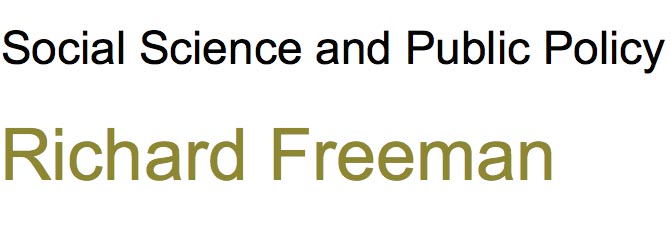is the title of a panel at the conference on Interpretive Policy Analysis in Vienna in July 2013…
A sense of practice has always been central to critical and interpretive policy studies, both as a theoretical construct and as an object of inquiry. Much work has been put into conceptual and methodological issues and the field has developed quickly as a result. But what makes for an effective descriptive account of ‘practice’? How should we develop case studies in order to make practice available for interrogation, discussion and reflection, both by researchers and by practitioners themselves?
In this workshop we explore what we see as a common assumption – that understanding practice turns on the effectiveness of case studies. But what different forms might case studies take? What does a concern with practice require of conventional approaches to research that focus on writing? Where and how is that writing challenged, stretched, and reshaped in trying to make sense of practice? How might we introduce other media, such as film and photography, to enhance these efforts? Who or what is being represented in studies of practice? What does the need to give or make accounts of practice mean for the relationship between researchers and practitioners? What provisional standards do we have for producing – and judging – valid and useful studies of practice?
We invite papers that contribute to understanding the presentation and re-presentation of case studies in the course of research on practice. We welcome papers on all topics relevant to the study of policy, and from all disciplines. The session will follow a workshop format: we invite each participant to present excerpts from one or more case studies and to introduce briefly the methodological, stylistic, and ethical considerations behind the representations they make, the stories they tell, and the contexts in which they try to make these stories useful.
